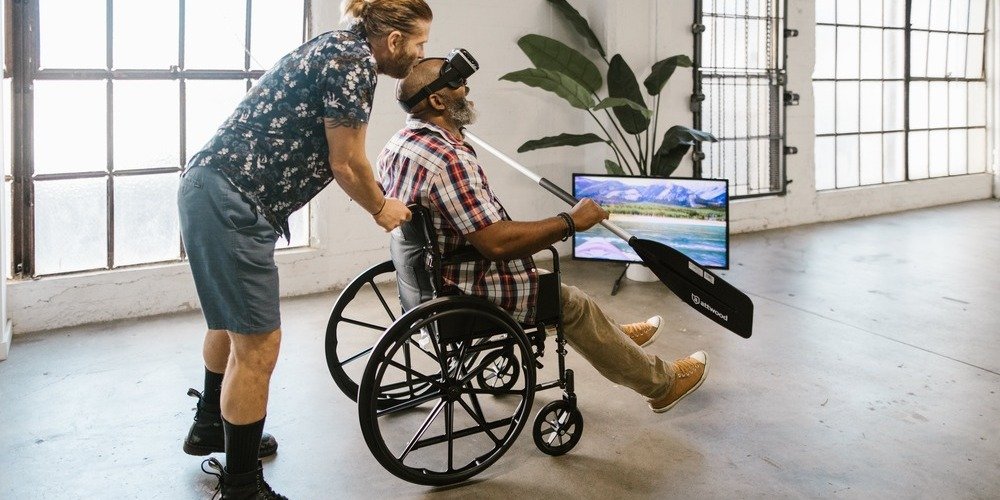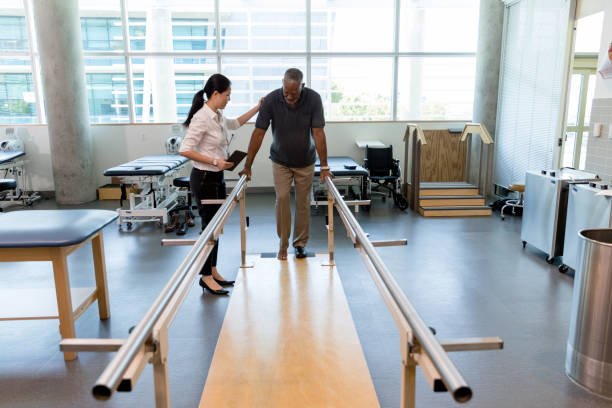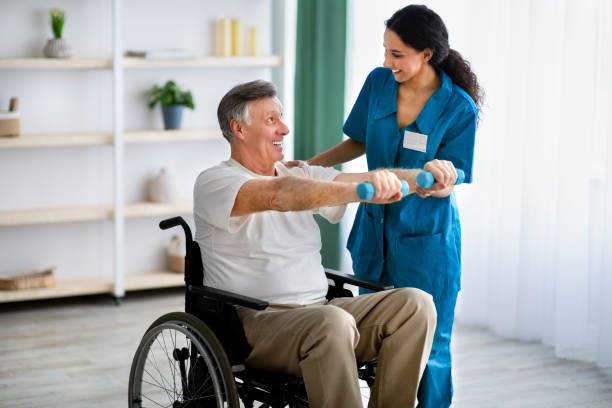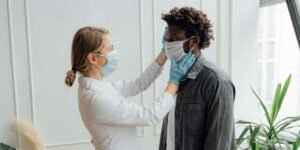
Don’t Worry About the Sequelae of Stroke! Relatives and Friends Should Remember 4 Points to Help With Recovery
Even after a stroke patient recovers, he or she may still have sequelae in the body, mind and soul. Both the patient and his family will be affected by the sequelae. After a stroke patient recovers, he or she may experience temporary or permanent sequelae depending on the severity of the previous stroke, the length of brain ischemia, and the location of the brain damage. The following are the related sequelae of stroke, explained to you one by one:
- Difficulty in movement: After recovering from a stroke, patients may feel weak, have difficulty moving their muscles, feel unable to control muscles such as the face or arms, and may even become paralyzed on one side of the body.
- Trouble speaking or swallowing: A stroke can cause a loss of muscle control in certain areas, such as the mouth and throat, causing patients to slur their words or be unable to swallow and eat normally. In addition, patients may develop language difficulties, including problems with reading, comprehension, or writing to varying degrees.
- Impaired memory and weakened thinking ability: Stroke may damage certain areas of the brain that control thinking, memory, and learning. As a result, patients may lose memory and difficulty thinking, and may also lose the ability to make decisions, plans, judgment, learning, and understanding. Abstract concepts, and the ability to engage in more complex mental activities.
- Depressed mood: Because a stroke may cause the patient to have difficulty moving and unable to carry out normal activities as before, the patient may think that he or she is a burden, causing trouble to relatives and friends, and the patient’s emotional baggage may lead to potential crises in interpersonal relationships.
- Pain: Since a stroke is a problem in the brain, patients may still experience pain, numbness, or other sensory changes later on.

After a patient recovers from a stroke, how can relatives and friends help him?
After a stroke patient recovers, it is always difficult to take care of himself. Therefore, to adjust the patient’s life, the family under the same roof must work together to face the problem together. In addition to dealing with the patient’s immobility or physical discomfort, relatives and friends must also deal with the patient’s immobility or physical discomfort. Psychological problems also need to be taken care of. Many times, it is the first time for everyone to face a post-stroke patient and they don’t know what to do. Relatives and friends are not the parties involved, and it is difficult to empathize with the patient’s stress and anxiety. Therefore, you can refer to the following 4 suggestions. I hope you can Let the assistance of relatives and friends go more smoothly.
- Seek professional assistance: Medical professionals, such as doctors, nurses, psychological counselors, speech therapists, etc., are the people who patients and relatives can consult more. It is usually recommended to participate in the rehabilitation treatment of stroke patients, and they can also help Relatives and friends adjust the mood.
- Join mutual aid groups: Relatives and friends can find mutual aid groups for stroke patients through the Internet, or some non-governmental organizations, such as the Taiwan Stroke Patients Association. They can get to know stroke patients, relatives and friends, and get to know more medical staff through the exchange and dissemination of information. , an opportunity to discuss stroke-related issues and receive helpful advice.
- Participate in the rehabilitation process together: Relatives and friends are very important to the patient’s rehabilitation process. It is recommended that relatives and friends accompany the patient to participate in the rehabilitation process. Through the doctor’s instructions, they can provide assistance and support to the patient during the rehabilitation process. With mutual support, All difficulties will be dealt with much easier.
- Don’t forget to take care of yourself: without a healthy body, you cannot take care of patients. Therefore, relatives and friends also remember to maintain a healthy life: eat regularly, do more exercise, and sleep well, so that you can have the energy to continue fighting and help patients. Prepare meals, assist with patient recovery, and anything else.













